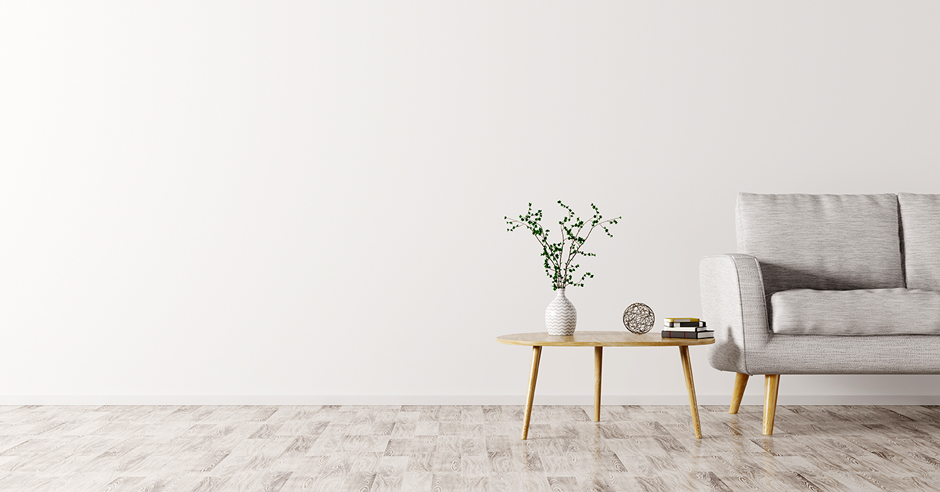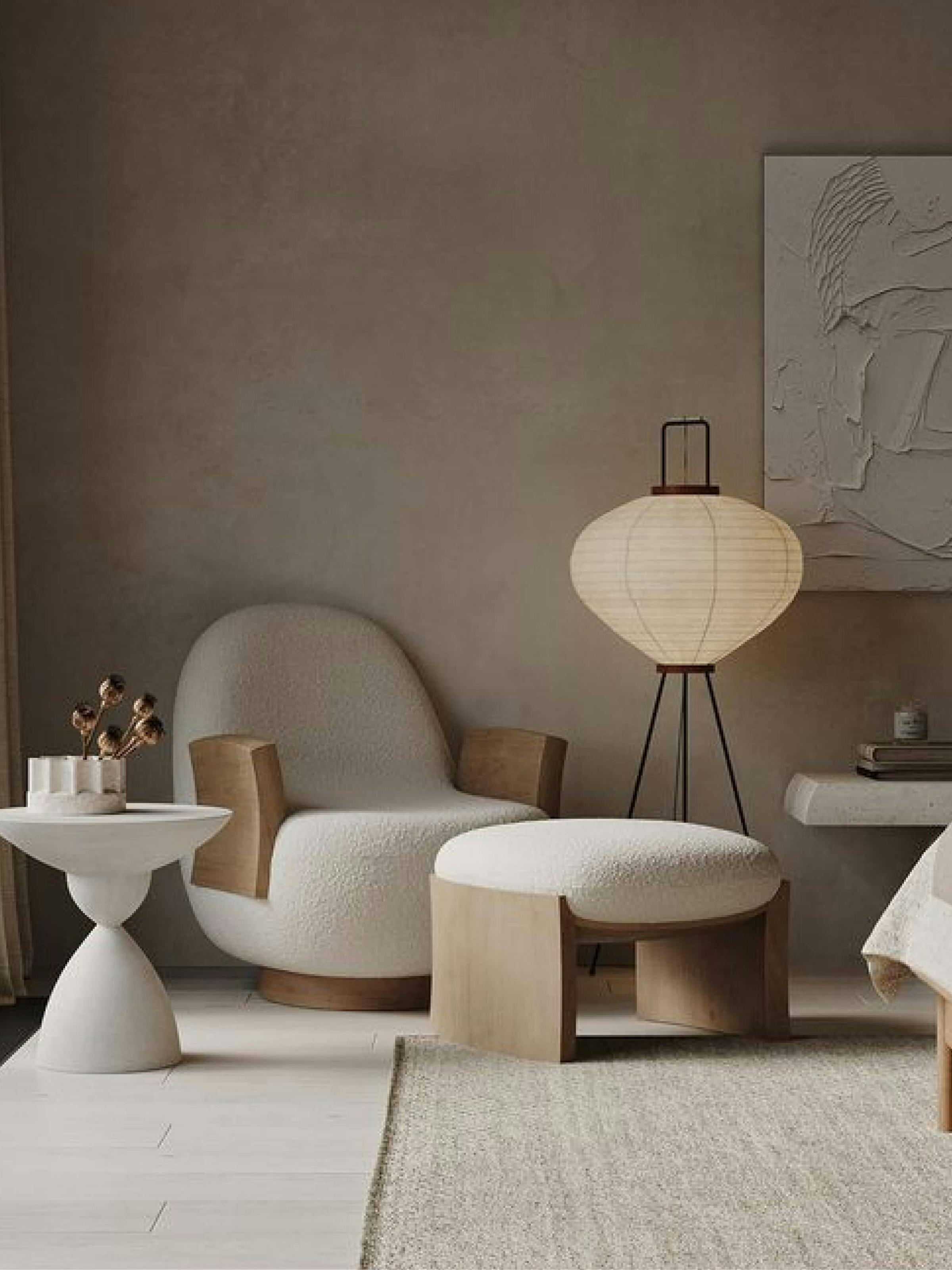Recognizing Minimalism: Strategies for Reducing Clutter and Enhancing Clarity in Everyday Living
Minimalism is progressively identified as a feasible approach to boosting clearness and emphasis in today's chaotic world. By methodically assessing our ownerships and focusing on intentionality, we can produce rooms that not only reflect our values but also promote psychological wellness.
Defining Minimalism and Its Advantages
Specifying minimalism involves recognizing it as a way of living choice that highlights simpleness and intentionality in both physical ownerships and day-to-day routines. At its core, minimalism urges people to prioritize what genuinely matters, permitting a more purposeful and focused existence. By removing away the non-essential, minimalism invites individuals to engage deeply with their surroundings and experiences.
The advantages of embracing a minimal technique are complex. First of all, it cultivates psychological quality, as minimizing clutter in one's setting can cause decreased disturbances and stress. When bordered by fewer belongings, individuals frequently report enhanced focus and boosted productivity. Secondly, minimalism promotes economic flexibility; by focusing on requirements over wants, people can make more educated purchasing decisions, bring about prospective financial savings and lowered financial debt. Furthermore, a minimal lifestyle can produce emotional advantages, as it urges individuals to cultivate appreciation of what they have as opposed to yearning for more.
Ultimately, minimalism is not just about material decrease but includes a holistic change in point of view, fostering a life defined by satisfaction, purpose, and balance. Welcoming this lifestyle can lead to extensive modifications in how people interact and view with the globe around them.
Assessing Your Existing Clutter
Mess usually shows up as an overwhelming accumulation of things that no longer offer a purpose, developing an obstacle to achieving a minimalist way of living. Take note of specific classifications of things, such as apparel, books, or kitchenware, as this will assist you comprehend the extent of the clutter.
:max_bytes(150000):strip_icc()/what-is-minimalist-design-4796583-03-37f2ac0fcfd74c0c905ea31398c20494.jpg)
Furthermore, consider the regularity of use for each thing. Ultimately, comprehending your current clutter is an essential step toward welcoming minimalism and boosting clearness in your day-to-day living.

Practical Decluttering Techniques
Having evaluated your present mess, the following action is to execute useful decluttering methods that facilitate a more organized living space. Minimalism. One effective technique is the "Four-Box" strategy, where you assign four boxes identified: keep, donate, garbage, and relocate. This strategy motivates quick decision-making and guarantees products are classified properly
One more technique is the "One click here for more info in, One out" policy, which stipulates that for each brand-new product gotten, an existing product needs to be eliminated. This principle helps maintain balance and prevents buildup with time. In addition, consider the "30-Day Minimalism Video Game," where you eliminate one product on the initial day, 2 on the 2nd, etc, cumulatively promoting a sense of success.
Limitation yourself to a specific number of treasured items, permitting you to value their value without overwhelming your space. By using these strategies, you can produce a much more reliable and calm living room, ultimately enhancing quality in your day-to-day life.
Producing Intentional Rooms
Producing deliberate spaces includes a thoughtful strategy to how we layout and arrange our environments, making certain each location offers a details function and shows our worths. This technique is necessary in growing a sense of clarity and purpose in our lives. By seriously examining the feature of each room, we can eliminate interruptions and boost our overall wellness.
To produce willful spaces, start by recognizing the primary tasks that will certainly happen in each location. A home workplace should be developed to promote efficiency, integrating aspects such as adequate illumination, comfortable furniture, and very little interruptions. In comparison, a leisure area should promote serenity, featuring relaxing shades and comfy seating.
In addition, consider the emotional impact of your environments (Minimalism). Incorporating personal products that resonate with your worths, such as art work or plants, can boost the connection to your space. Regularly evaluate these atmospheres to guarantee they proceed to serve their desired objective as your needs develop
Ultimately, developing willful spaces has to do with making aware choices that line up with your way of life, promoting consistency and performance in your living and workplace.
Keeping a Minimalist State Of Mind
Accepting a minimalist frame of mind needs recurring reflection and intentionality in our actions and thoughts. Set aside time to evaluate your commitments, possessions, and also digital material, ensuring learn the facts here now they line up with your core concepts.
Another secret technique is to exercise gratitude. Recognizing what you currently possess fosters contentment and decreases the wish for extra. This change in viewpoint encourages gratitude for simplicity, boosting general well-being. Integrating mindfulness techniques, such as reflection or journaling, can additionally reinforce a minimalist attitude by advertising clearness and decreasing mental clutter.
Additionally, develop boundaries to shield your time and energy. Discover to claim no to non-essential obligations and disturbances that do not add to your individual development. Surround yourself with similar individuals who support your minimal journey, as shared worths can enhance motivation and liability.
Conclusion
In final thought, embracing minimalism provides substantial advantages, including decreased mess and boosted clarity in everyday life. The concepts of minimalism serve as useful tools for cultivating a setting that sustains personal development and well-being.

In addition, think about the "30-Day Minimalism Video Game," where you get rid of one item on the very first day, two on the 2nd, and so forth, cumulatively fostering a feeling of accomplishment.
In conclusion, welcoming minimalism offers internet substantial advantages, consisting of minimized mess and improved clarity in daily life.